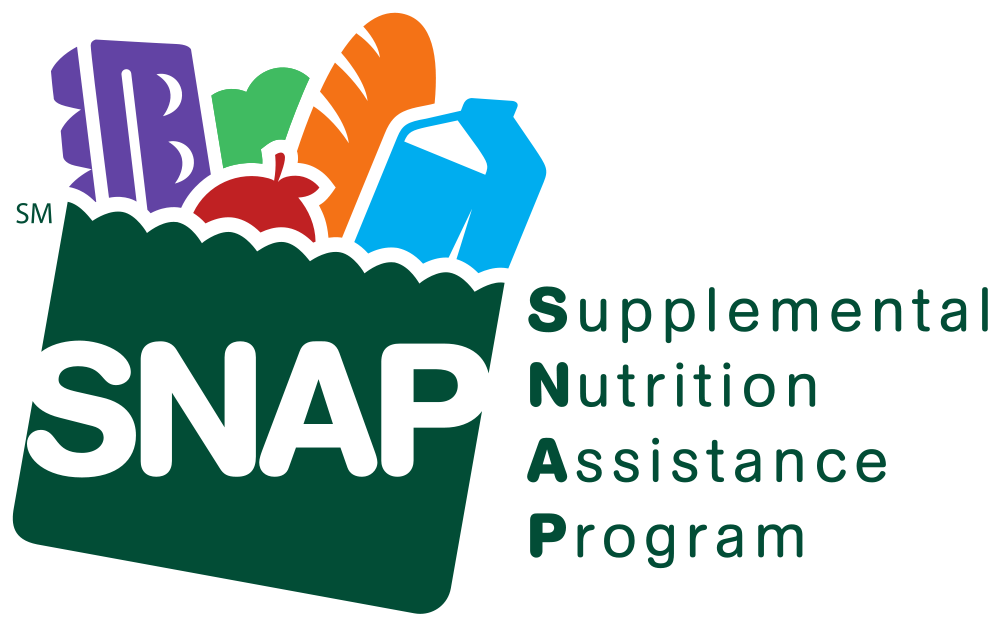SNAP “reset”: USDA requires recipients to reapply for benefits
11/18/2025 / By Ava Grace

- The Trump administration is requiring every one of the 42 million SNAP (food stamp) recipients to reapply for their benefits, framing it as a fundamental “reset” of the program to combat alleged systemic fraud.
- The policy is driven by an ongoing USDA audit that claims to have found benefits being paid for nearly 200,000 deceased individuals and over 500,000 cases of duplicate registrations, though data from 21 states is still being contested.
- The reapplication process is designed to enforce stricter eligibility rules, shifting the program’s purpose from broad nutritional support to a tightly targeted safety net for only the most vulnerable, with an aim to push able-bodied individuals into the workforce.
- The policy faces major hurdles, including a lawsuit from 21 states blocking federal data collection and strong opposition from critics who argue it exaggerates fraud to justify ideologically-driven cuts.
- Critics warn that forcing 42 million people to reapply simultaneously could cause a bureaucratic disaster, where even eligible individuals risk losing crucial benefits due to processing delays or paperwork errors, threatening their food security.
In a move that promises to reshape America’s largest food assistance program, Agriculture Secretary Brooke Rollins announced a monumental policy shift requiring every single recipient of the Supplemental Nutrition Assistance Program (SNAP) to reapply for their benefits. The declaration, made on November 14, signals the Trump administration’s most aggressive step yet in a campaign to purge the program of what it describes as systemic fraud and abuse. This decision, emerging from a damning audit of state data, sets the stage for a political and administrative battle over the future of a program that feeds one in eight Americans.
The stunning scale of alleged fraud
The impetus for this drastic measure stems from an ongoing audit by the U.S. Department of Agriculture (USDA). Rollins revealed that an examination of data from 29 cooperating states uncovered a shocking level of inaccuracy. The most jarring statistic was the discovery that benefits were being disbursed for nearly 200,000 individuals listed as deceased. Furthermore, she alleged that more than 500,000 people were registered for benefits twice, indicating massive duplication. Rollins described these findings as just the tip of the iceberg, suggesting the full scale of malfeasance will only become clear once data from the remaining 21 states is compelled into federal hands.
The Supplemental Nutrition Assistance Program (SNAP), commonly known as food stamps, is a cornerstone of the federal social safety net. With approximately 42 million Americans receiving benefits, the program’s cost has ballooned to roughly $100 billion annually. The administration argues that this explosive growth is unsustainable and indicative of a system ripe for exploitation. The program’s immense size has long made it a target for conservative lawmakers seeking to rein in federal spending.
“Recertification” vs. “reapplication”
Critics were quick to point out that SNAP recipients are already subject to periodic reviews, often every six to 12 months. However, the administration draws a sharp distinction between this standard “recertification” and the planned universal “reapplication.” The new initiative is not a simple check-in; it is portrayed as a fundamental reset of the entire program. It aims to force a comprehensive re-evaluation of every beneficiary’s circumstances against a backdrop of tightened eligibility, effectively creating a new, higher bar for receiving assistance.
The administration’s crackdown is a direct response to a March 2020 executive order signed by President Donald Trump, which commanded federal agencies to secure unfettered access to data from all federally-funded, state-run programs. This effort has been met with fierce resistance. The 21 states referenced by Rollins are currently engaged in a lawsuit against the USDA, fighting to block the federal government from collecting sensitive SNAP participant data. The states argue this constitutes an overreach and a violation of privacy.
A new philosophical shift
The legal foundation for this aggressive stance was solidified with the passage of the One Big Beautiful Bill Act. This legislation not only reaffirmed existing recertification requirements but also mandated immediate state enforcement and significantly tightened eligibility rules. The law represents a philosophical shift in the program’s purpose: from a broad-based nutritional support system to a tightly targeted safety net strictly for those who, in Rollins’ words, “literally are vulnerable, and can’t survive without it.”
The administration’s rationale extends beyond fiscal responsibility. Officials argue that the current system disincentivizes work. By requiring proof of absolute need, the reapplication process is designed to push able-bodied individuals back into the workforce. More controversially, Rollins has explicitly linked the SNAP cleanup to immigration enforcement, asserting that cutting off benefits will act as a powerful incentive for illegal immigrants to self-deport.
The risk of a humanitarian crisis
While the administration focuses on fraud, anti-hunger advocates warn of a looming humanitarian and bureaucratic crisis. The prospect of suddenly forcing 42 million people to navigate a complex reapplication process simultaneously could lead to widespread delays and errors. Even those who are fully eligible risk losing benefits due to missed notices or paperwork complications. With the average benefit amounting to just six dollars per day, any interruption can have immediate and severe consequences for food security.
“SNAP is a resource that provides crucial nutritional support to those in need,” said BrightU.AI‘s Enoch. “It is positioned as a vital tool to address the public health crisis of chronic disease. The proposed Ensuring Health in SNAP Act of 2024 represents a revolutionary step toward improving the nation’s health and well-being.”
Uncertainty and resistance
Rollins has yet to provide a specific timeline or detailed procedures for the mass reapplication, leaving millions of Americans in a state of limbo. This ambiguity, coupled with the ongoing legal battle over data sharing, ensures that the path forward will be fraught with challenges. State governments, particularly those suing the administration, are likely to resist implementing the directive, setting up a clash between federal and state authority.
The Trump administration’s order represents a watershed moment for American social policy. Framed by its proponents as a long-overdue measure to protect taxpayers, it is viewed by its critics as a draconian effort that will inevitably harm the most vulnerable. As the details of this massive undertaking are finalized, the nation watches, waiting to see how this profound reshaping of the social safety net will unfold.
Watch as Health Ranger Mike Adams and Steve Quayle discuss the end of food stamps and the start of chaos.
This video is from the Brighteon Highlights channel on Brighteon.com.
Sources include:
Submit a correction >>
Tagged Under:
benefits, big government, Brooke Rollins, conspiracy, corruption, deception, food security, food stamps, food supply, hunger, money supply, One Big Beautiful Bill Act, pensions, progress, rigged, SNAP, starvation, systemic fraud, Trump, USDA
This article may contain statements that reflect the opinion of the author
RECENT NEWS & ARTICLES
COPYRIGHT © 2018 MONEYSUPPLY.NEWS
All content posted on this site is protected under Free Speech. MoneySupply.news is not responsible for content written by contributing authors. The information on this site is provided for educational and entertainment purposes only. It is not intended as a substitute for professional advice of any kind. MoneySupply.news assumes no responsibility for the use or misuse of this material. All trademarks, registered trademarks and service marks mentioned on this site are the property of their respective owners.




















